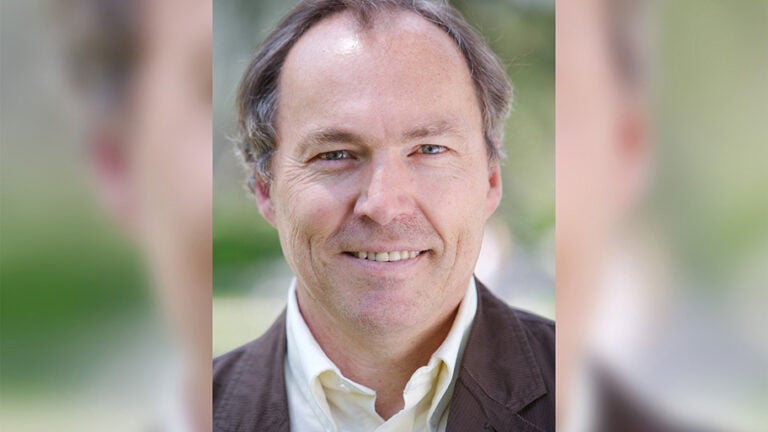
USC Dornsife professor to participate in 2022 Summit of the Americas
Confusion reigned leading up to the ninth Summit of the Americas that convened in Los Angeles this week.
President Joe Biden will take part, but uncertainty over which heads of state will attend could limit opportunities for coordination on key issues affecting Latin America and the United States. The agenda centers on the summit’s theme, “Building a Sustainable, Resilient, and Equitable Future.”
Gerardo Munck, professor of political science and international relations at the USC Dornsife College of Letters, Arts and Sciences and an expert on comparative politics in Latin America, will moderate a panel discussion Friday about “The State of Democracy in Latin American and the World.”
Munck recently answered questions about the summit, his view on democracies in the Western Hemisphere and why this year’s summit may be limited in scope.
What is the state of democracy in Latin America and the Western hemisphere?
The positive is that if you compare Latin America to other developing regions, it’s the region that is most democratic. There was a big wave of democratization in the 1980s and ’90s where nearly all the countries but Cuba became democratic. You have Venezuela and Nicaragua joining Cuba as Spanish-speaking countries with dictatorships, but this is the best time for democracy in Latin America’s history.
However, people have a perception that these democracies are not working well, that politicians are corrupt. There’s a sense that the elites are distant from the people, leading to a sense of a crisis of representation.
Where have democracies fallen short of fulfilling their promises?
People expected that after several decades of democracy, something would be done to reduce economic inequality. Early in the century, some countries managed to reduce inequality. But this progress wasn’t sustained, and it led people to ask: “Is democracy working for me?” It’s the same issue we’re facing here in the United States, but in Latin America it is accompanied by another factor: a tremendous level of violence. Latin America is the most violent region in the world. People expect things from democracy — basic things like security — and democracies have failed to deliver what citizens want.
What could result from the summit?
Summits usually generate some energy going forward about things of collective interest in the hemisphere. During the first summit in 1994, for example, President Bill Clinton and the other presidents and prime ministers of the hemisphere agreed to a pathbreaking plan to develop a Free Trade Area of the Americas. NAFTA [the North American Free Trade Agreement] had been negotiated with Mexico and Canada and went into effect in January 1994. A plan was developed to apply that model to foster greater economic integration in the Americas. It was a hugely ambitious, 10-year project, and it eventually failed – there was pushback from leaders such as [Venezuelan] President Hugo Chávez.
Another more successful initiative occurred at the 2001 summit in Peru, [where] the Inter-American Democratic Charter was approved. I do not expect anything as ambitious coming out of the 2022 summit in Los Angeles. I think this will be a missed opportunity.